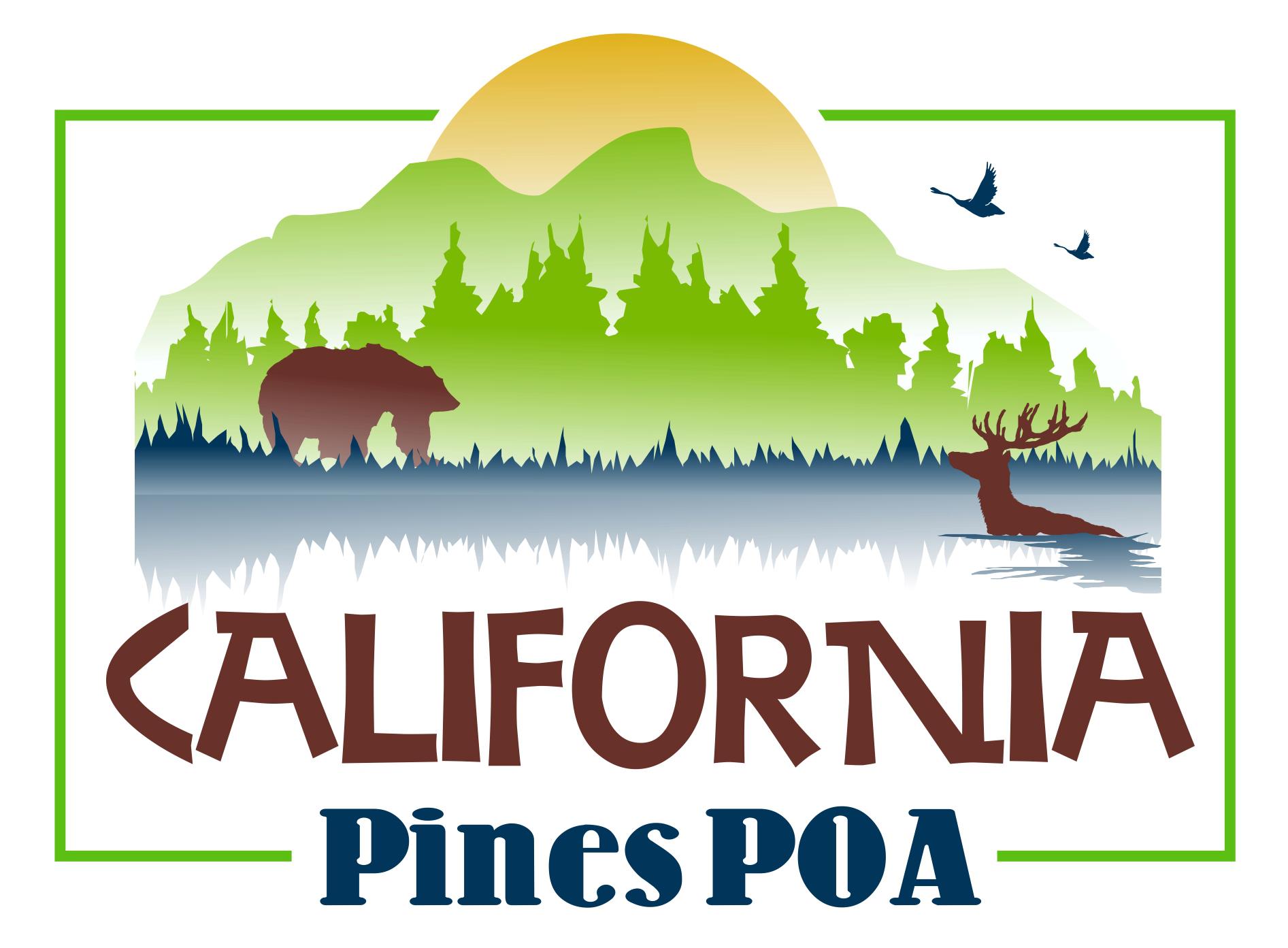Meeting Notice, Agendas & Minutes
Zoom Meeting Information
Cal-pines POA is inviting you to a scheduled Zoom meeting.
Topic: Cal-pines POA's Zoom Meeting
Time: Jan 21, 2026 09:00 AM Pacific Time (US and Canada)
Join Zoom Meeting:
https://us02web.zoom.us/j/86418964829?pwd=yyEm1hjf5pVsi1kluuFSxA2EYAotzN.1
Meeting ID: 864 1896 4829
Passcode: 750005
One tap mobile:
+16699006833,,86418964829#,,,,*750005# US (San Jose)
+16694449171,,86418964829#,,,,*750005# US
Join instructions:
https://us02web.zoom.us/meetings/86418964829/invitations?signature=gVwhauZCFBnD9JAN-gJ0SgH7wyANecwbHbbo6z8KimE
Agendas (Last 12 Months)
Meeting Minutes (Last 12 Months)
THE LAW
FOR BOARD MEETINGS
Association board meetings are governed by the “Common Interest Development Open Meeting Act” (“Open Meeting Act”) found at Civil Code Sections 4900 through 4955. The provisions of the Open Meeting Act contain requirements that:
- Prohibit the board from taking action on an “item of business” outside of a board meeting. (Civ. Code § 4910(a); See also “No Action Without a Meeting.”)
- Require the association to give notice of the time and place of board meetings and to post an agenda of items to be discussed or acted upon. (Civ. Code § 4920)
- Allow for the board to conduct emergency meetings in limited circumstances. (Civ. Code § 4923)
- Set forth the rights of members to attend, observe, and speak at open board meetings. (Civ. Code § 4925)
- Place limitations on items discussed or acted upon during board meetings. (Civ. Code § 4930)
- Allow the board to meet in executive session for specific matters. (Civ. Code § 4935)
- Require the board to keep meeting minutes. (Civ. Code § 4950)
- Provide enforcement rights for violations of the Open Meeting Act. (Civ. Code § 4955)
Open Session
Open meetings are often scheduled immediately before or after an executive session meeting. Because members do not have the right to attend executive session, the term “open session” refers to the portion open to membership attendance.
Open Meeting Matters
Any matter that does not constitute an executive session matter may only be discussed or acted upon in open session.
Member Attendance Rights
Members are entitled to attend open board meetings and address the board during open forum. (Civ. Code § 4925)
FOR COMMITTEE MEETINGS
Committee Meeting Agenda Notice and Attendance
Unless a committee has a quorum of board members present (making it a board meeting), California law does not require notice or allow member attendance. (HOA Law: Committee Meetings)
Committee Meeting Minutes
Whether committee minutes must be kept depends on whether the committee is an executive committee or has “decision-making authority.” (Civ. Code § 5200, § 5210)
- Executive Committees: Minutes are association records and must be available for inspection within 15 days.
- Committees with Decision-Making Authority: Minutes must be kept and made available within 15 days.
- All Other Committees: No explicit legal requirement to keep minutes.
CALIFORNIA PINES MEETING NOTICES AND AGENDAS
Member Meetings
Annual Member Meeting notices and agendas are posted on the website and the Lodge bulletin board.
Board Meetings
Board and Executive Board meeting notices and agendas are posted on the website and Lodge bulletin board at least four days prior to the meeting in compliance with the Open Meeting Act (Civ. Code § 4920).
Committee Meetings
Committee meeting notices and agendas are posted as required by the Committee Charter.
CALIFORNIA PINES MEETING MINUTES
The POA has made the following minutes available via this website. If the minutes you are interested in are not available, they may be requested using the contact form or by mail.
